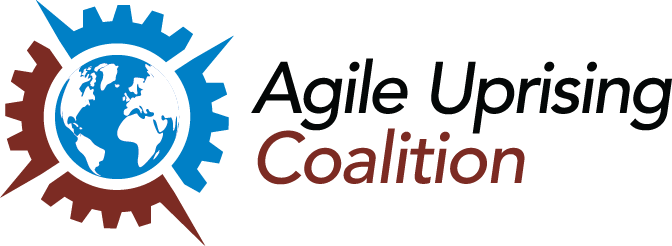I’ve expressed on this site before that Agile has been somewhat of a frustrating topic as a developer. It seems every time I told a developer that we are ‘agile’ or mention something along those lines, it was met with a sigh and an eye roll.
As a developer, I’ve been really into Uncle Bob’s material lately. I’ve read a few of his books since September and have tried to watch at least one of his talks each week. He focuses a lot of ‘software craftsmanship’ - keep the code as clean as possible, follow TDD, etc.
Today, I saw on his blog:
The biggest problem I have seen within the Agile movement is the elimination of the practices. One by one, over the years, the practices have been de-emphasized, or even stripped away. This loss of practice has diluted and changed the Agile culture into something that I don’t recognize as Agile any more. It has been a shift away from excellence towards mediocrity, away from hard realities, towards feel-good platitudes.
It began with the notion that anyone could become a “master” of anything by sitting in a two day class and getting a piece of paper. Soon to follow was the dilution and eventual loss of the technical practices. This prompted Martin Fowler to publish his classic and definitive blog: Flaccid Scrum. Then came the emphasis of project management over craftsmanship and the rise of the soft skills (attitudes) over the hard skills (practices).
At that 2001 meeting in Snowbird where we wrote the Agile Manifesto, Kent Beck stated one of our goals: “…to heal the divide between development and business.” Unfortunately the deemphasis of practices within the Agile movement has only served to widen that divide. While project managers have flocked into the Agile movement, developers have fled out of it. The original movement has fractured into two movements. The Software Craftsmanship movement has preserved the coupling between practice and culture; whereas the Agile movement has shifted away from it.
I had no idea there was a formal “Software Craftsman” manifesto: http://manifesto.softwarecraftsmanship.org
I also couldn’t agree more with his take on Agile.
